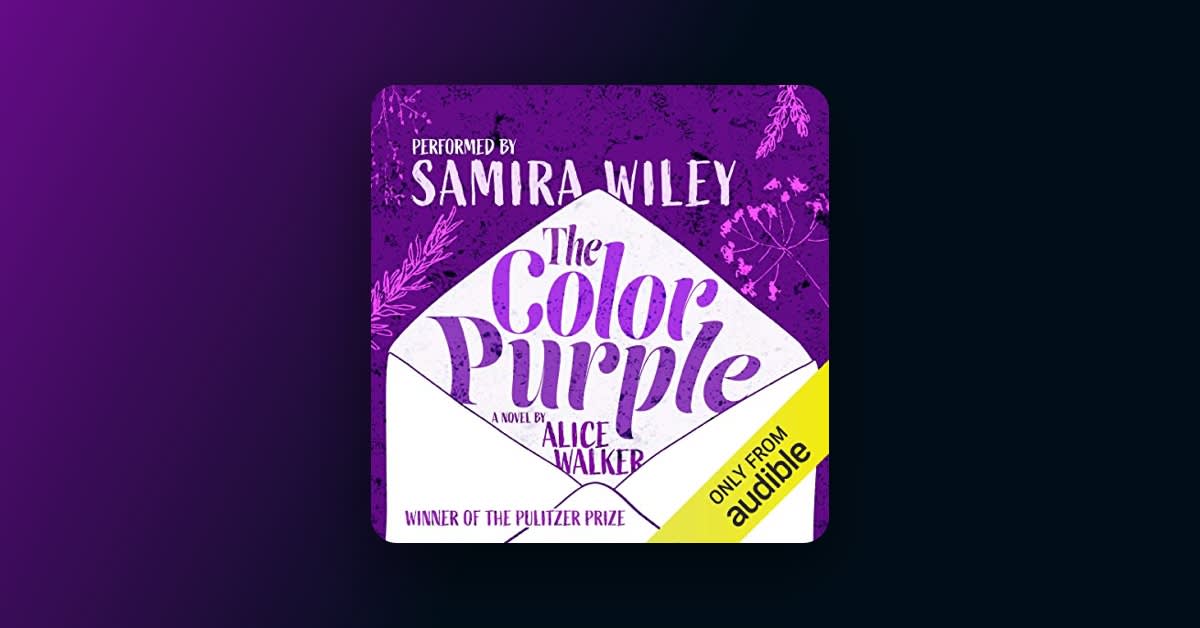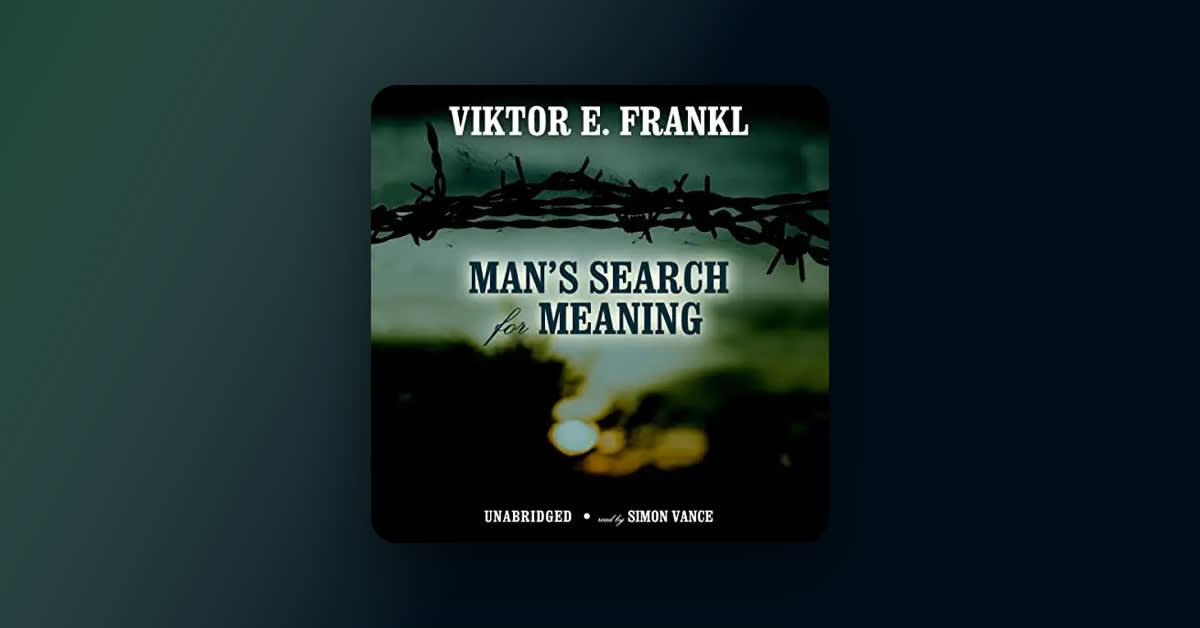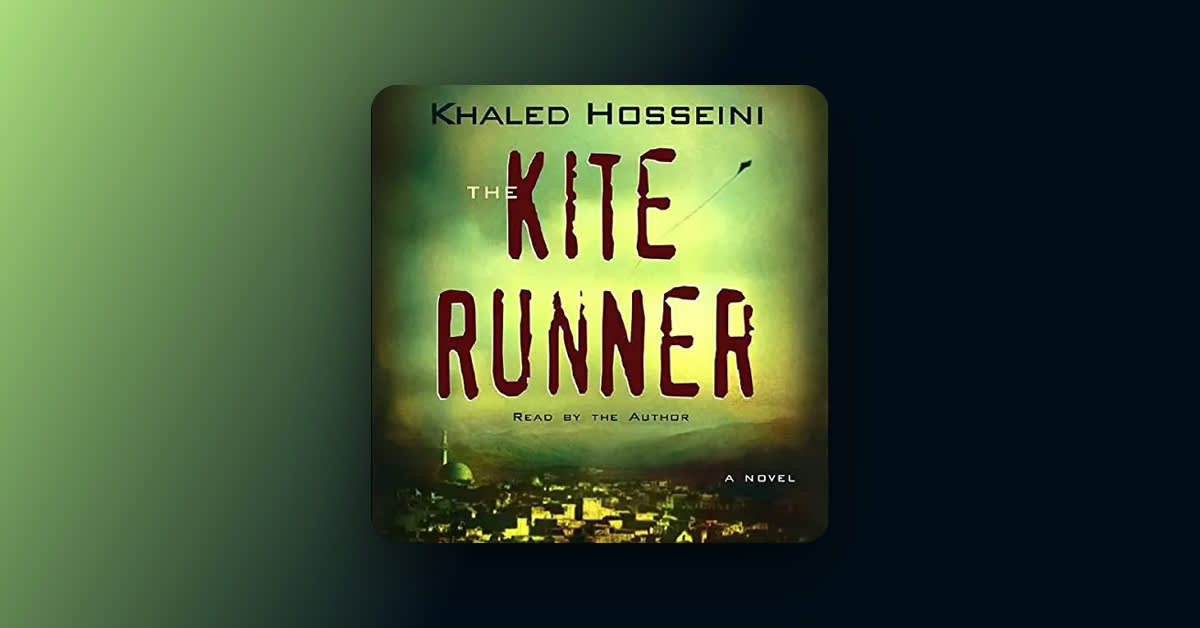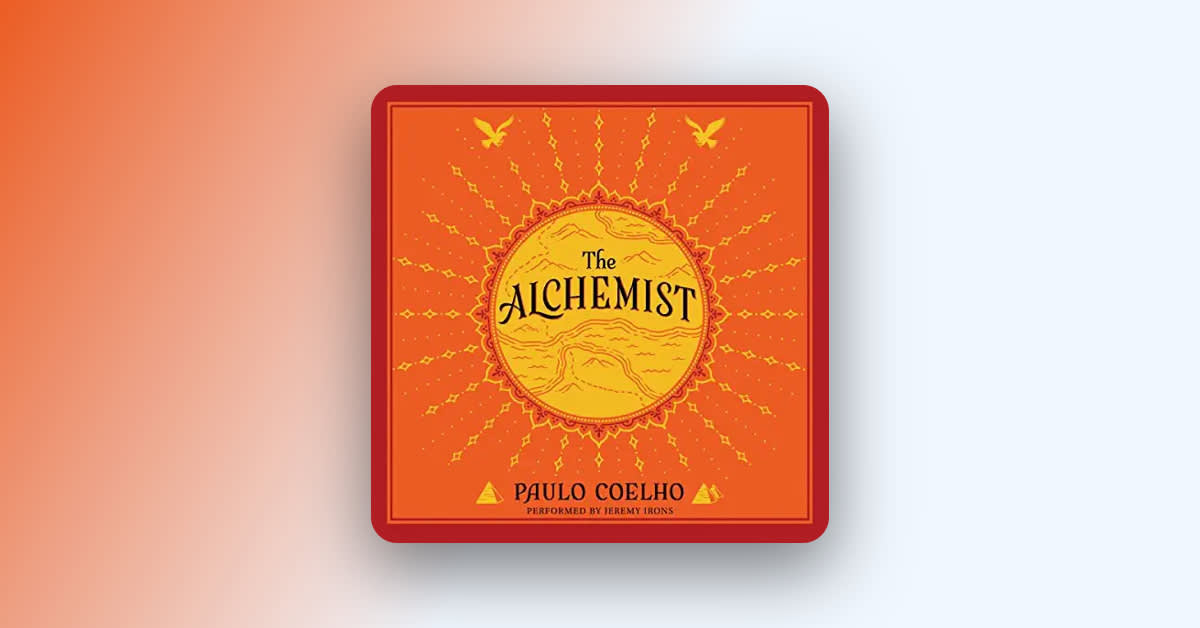Why it’s essential
Alice Walker’s 1982 epistolary novel about Celie, a resilient woman facing poverty, loss, and oppression in the Jim Crow South, won the Pulitzer Prize and inspired an acclaimed 1985 film, a Tony Award-winning musical, and a 2023 movie musical.
Featured in The Top 100 Screen Adaptations of All Time.
What is The Color Purple about?
Set in rural Georgia in the early 1900s, The Color Purple is the coming-of-age and awakening story of Celie, who has been abused—emotionally, physically, and sexually—throughout her life and gradually discovers the meaning of love and her own self-worth.
Editor’s review
Mysia is a book person who loves escaping into twisty mysteries and contemporary fiction driven by complicated characters.
The first time I read The Color Purple, I was in my 20s, single, living in New York City, and working as a book publicist. That was decades ago, and Alice Walker’s novel has stayed with me. Along with To Kill a Mockingbird and The Grapes of Wrath, The Color Purple is at the top of my list of great American novels, and over the years, I’ve recommended it to many women, including my daughter, Lucero, who’s now close to the age I was when I fell in awe with it.
About a year ago, a friend of my daughter was assigned to write an essay on The Color Purple for a college class. So, I wasn’t surprised when Lucero told this young woman, whom I’ll call Gina, that I’d be thrilled to help her. Two days before the essay was due, Gina popped into my home office and dropped a bomb—she hadn’t read the book. But, she assured me, the essay didn’t have to be long or complicated—she just needed to know the main theme. "It’s about slavery, right?" Gina ventured. I started to explain that yes, at its core, The Color Purple is about slavery—specifically, the legacy of slavery on race relations in early 1900s Georgia—and being enslaved due to gender oppression, poverty, abuse, and intergenerational trauma. But it’s also about freedom and empowerment, a young Black woman’s awakening to sexuality, love, and her self-worth, and about sisterhood, loss, family, friendship, redemption, forgiveness, faith, religion, God, and Africa. "That’s a lot," Gina said. I suggested she ask for an extension on her assignment and gave her my paperback copy of the novel. And that was the last I heard from Gina on the subject.
After that encounter, I kept thinking—yes, The Color Purple is a lot, and definitely worth revisiting. I’m a fan of the Audible Questionnaire, a fun video conversation with authors featured on select book pages throughout our site, and as soon as I finished watching the gorgeous, captivating Samira Wiley share her answers, I downloaded The Color Purple and plugged in. While listening to the novel, all of the powerful themes I remembered came across as even deeper and richer. And through Wiley’s brilliant narration, Celie—and all her pain and sorrow, her heartbreaking sense of abandonment and worthlessness, her righteous anger, her aching longing, her gradual awareness, and her ultimate triumph—came alive. It was a revelation.
Celie is the novel’s protagonist and narrator—The Color Purple is her coming-of-age story, told through the honest, searing letters she writes to God. She begins writing at age 14, when her father, Alphonso, warns her not to tell anyone but God after he rapes her, and she becomes pregnant for the second time. As soon as she gives birth, Alphonso takes the baby away, like he did her first baby, leaving Celie to believe that both of her children are dead. Celie is a child herself, motherless and at the mercy of brutal men—first Alphonso and then her husband, Mister. She adores her younger sister, Nettie, who is beautiful, inside and out. Mister wants to marry Nettie, but Alphonso refuses and offers him Celie instead. After all, Mister is a widower with children who need tending, and, though Celie might be "ugly," she knows how to cook, clean, and do what she’s told.
Mister agrees, but he still has his eye on Nettie. Desperate to protect Nettie, Celie urges her sister to seek help from a well-dressed Black woman she saw in town. Before Nettie flees, she promises to write Celie. As we later learn, that woman is the wife of a minister planning a mission to Africa, and Nettie joins them. For years, Celie has no idea what happened to Nettie, and since she never gets a single letter, she concludes that, like her children, her sister is dead. Stuck in rural Georgia with a husband who resents and beats her, and with stepchildren who taunt her, Celie has no one to turn to but God.
It’s heart-wrenching. But that’s only the beginning of The Color Purple. Opening in 1910, the novel follows Celie through 40 years of evolving and realizations. What I especially love about this book is Alice Walker’s portrayal of the strong, defiant women who radically change Celie’s perspective and life, finally giving her the courage to stand up for herself and the confidence to embrace herself too. Celie comes to admire her stepson’s wife, Sofia, who refuses to be dominated—despite the dangers of being an outspoken Black woman in that place and time. But it’s Mister’s mistress, Shug Avery, who rocks Celie’s world. A free-spirited jazz singer, Shug shows Celie what it truly means to be loved—sexually, spiritually, and unconditionally. I love the way Samira Wiley captures how Celie feels about Shug—and how Shug makes Celie feel. Just listening to her say "Shug" from Celie’s heart says it all.
I won't give away any spoilers about the rest of Celie’s journey and the truths she eventually learns about Nettie, her two children, Mister, and Alphonso. There’s definitely a lot packed into The Color Purple, which runs just over eight hours in audio, and it’s not always easy to hear. But it’s well worth the listen. A remarkable testament to the human capacity for resilience and love, Celie’s story is intensely uplifting and, as voiced by Samira Wiley, unforgettable.
Did you know?
The Color Purple has been challenged by parents and banned in schools across the US multiple times since its publication. Objections to the book include its depictions of homosexuality, rape, incest, drug abuse, domestic violence, race relations in the South, and African history, as well as its language and references to organized religion and God.
Alice Walker is partially blind. At the age of eight, she lost the sight in her right eye after being accidentally shot by a brother playing with his BB gun. Following the injury, she became withdrawn, taking solace in the company of books. Her mother gave her a typewriter, allowing her to write instead of doing chores.
In 1967, Alice Walker and her now ex-husband, human rights lawyer Melvyn Leventhal, became the first legally married interracial couple in the state of Mississippi. Before divorcing in 1976, they had one daughter, Rebecca Walker, a feminist writer known for her 2000 memoir, Black, White, and Jewish, and her famous godmother, Gloria Steinem.
Content warnings in The Color Purple
Rape, domestic violence, racist language
What listeners said
"Wow! This book and the performance of it was a gift … a treasure of immeasurable value. My mind, body, and soul are better and more complete from having had the pleasure of experiencing it." —Elizabeth, Audible listener
"I truly enjoyed listening to Samira Wiley’s performance of this wonderful book. I read it so long ago, I was curious to give it a listen. Wow. I was dumb when I read this the first time. Older and more enlightened, the relationships were complex. Bravo, and thank you." —Michael, Audible listener
"Samira Wiley’s performance is beyond engaging ... it is breathtaking. She reads the characters accents with such skill and candid emotion. I am humbled by her performance and fallen in love with this book." —Shannon, Audible listener
Quotes from The Color Purple
"I think us here to wonder, myself. To wonder. To ask. And that in wondering bout the big things and asking bout the big things, you learn about the little ones, almost by accident. But you never know nothing more about the big things than you start out with. The more I wonder, the more I love."
"Time moves slowly, but passes quickly."
"A grown child is a dangerous thing."
"I think it pisses God off if you walk by the color purple in a field somewhere and don't notice it. People think pleasing God is all God cares about. But any fool living in the world can see it always trying to please us back."
"Everything want to be loved. Us sing and dance and holler, just trying to be loved."
Adaptations
The Color Purple was adapted into a 1985 film directed by Steven Spielberg, starring Whoopi Goldberg as Celie, Oprah Winfrey as Sofia, and Danny Glover as Mister. In 2004, the novel was again adapted into a musical, produced by Oprah Winfrey, Quincy Jones, and Scott Sanders, which ran on Broadway from 2005 to 2008. A Broadway revival, featuring Jennifer Hudson as Shug Avery, opened to acclaim in late 2015 and ran through early 2017. It won two Tony Awards—Best Revival of a Musical and Best Actress for Cynthia Erivo, who played Celie. The Color Purple was recently remade as a musical for the screen, slated for release on December 25, 2023. Produced by Steven Spielberg and Oprah Winfrey, and directed by Blitz Bazawule, the movie stars Fantasia Barrino as Celie, Halle Bailey as Nettie, Danielle Brooks as Sofia, and Taraji P. Henson as Shug.
About the author
Alice Walker is a writer, poet, and activist. In 1983, she became the first Black woman to win the Pulitzer Prize for Fiction for her novel The Color Purple, which also received the National Book Award that year. Over the span of her career, she has published more than 40 books, including seven novels, four short story collections, and 12 works of nonfiction as well as books for children, volumes of poetry, and a memoir. The youngest of eight children, Walker was born on February 9, 1944, in Eatonton, Georgia, to sharecropper parents. After graduating from high school as her class valedictorian, she enrolled in Spelman College and received her BA from Sarah Lawrence College in Yonkers, New York, both on full academic scholarship. In addition to her writing, she participated in the Civil Rights Movement, advocated for women of color, and served as editor of Ms. Magazine. She is also noted for her activism against female circumcision and her contributions to recovering the work of Zora Neale Hurston.
About the performer
Samira Wiley is an actress known for her starring role as Poussey Washington in the Netflix series Orange Is the New Black and as Moira in Hulu’s The Handmaid’s Tale, for which she won a Primetime Emmy Award. She has had major roles in films including The Sitter (2011), Nerve (2016), Detroit (2017), and Social Animals (2018), and narrated the Netflix documentary, Night on Earth (2020). She is a native of Washington, DC, and a graduate of the Juilliard School. In 2014, she was named Out magazine’s Ingenue of the Year, and in 2015, she was awarded the Human Rights Campaign’s Visibility Award. She is married to Lauren Morelli, a television writer, producer, and director, and in 2021, they welcomed their first child, a daughter.










